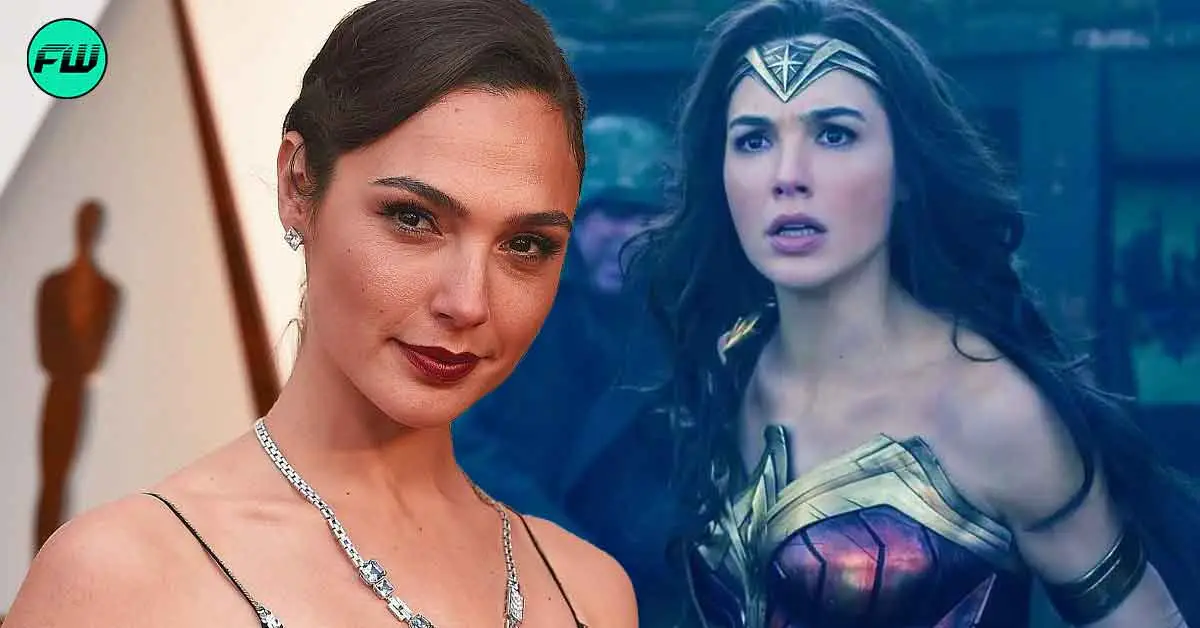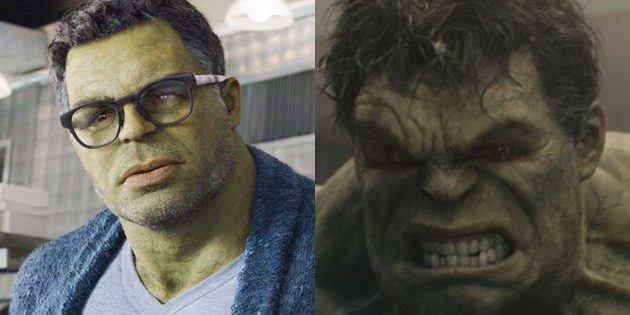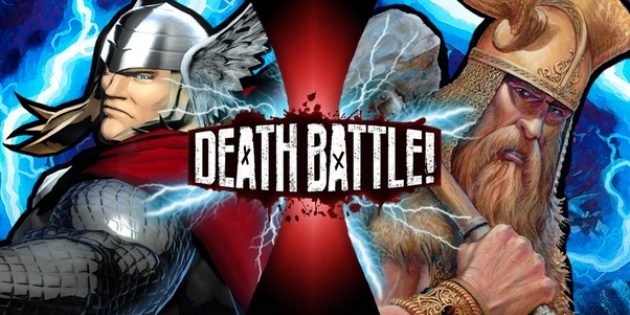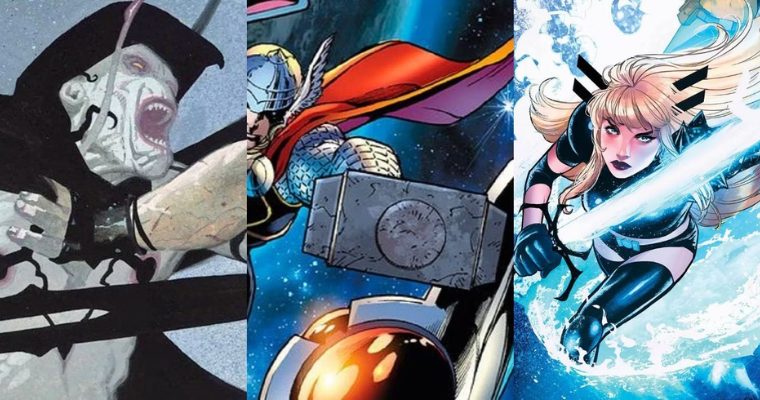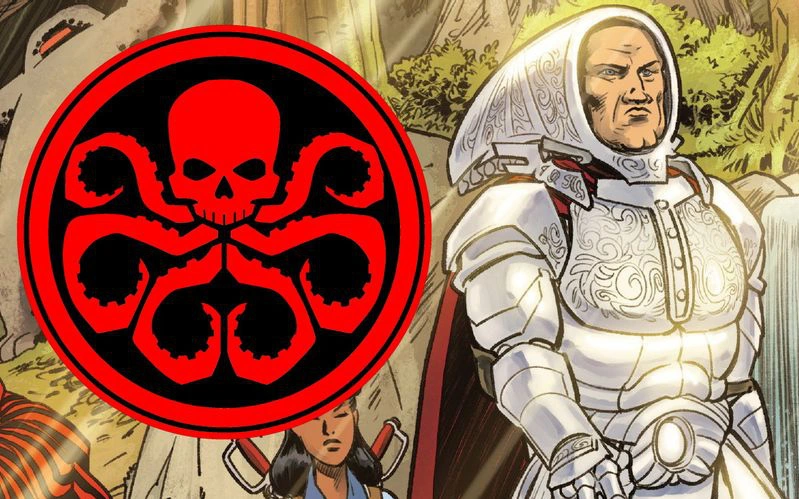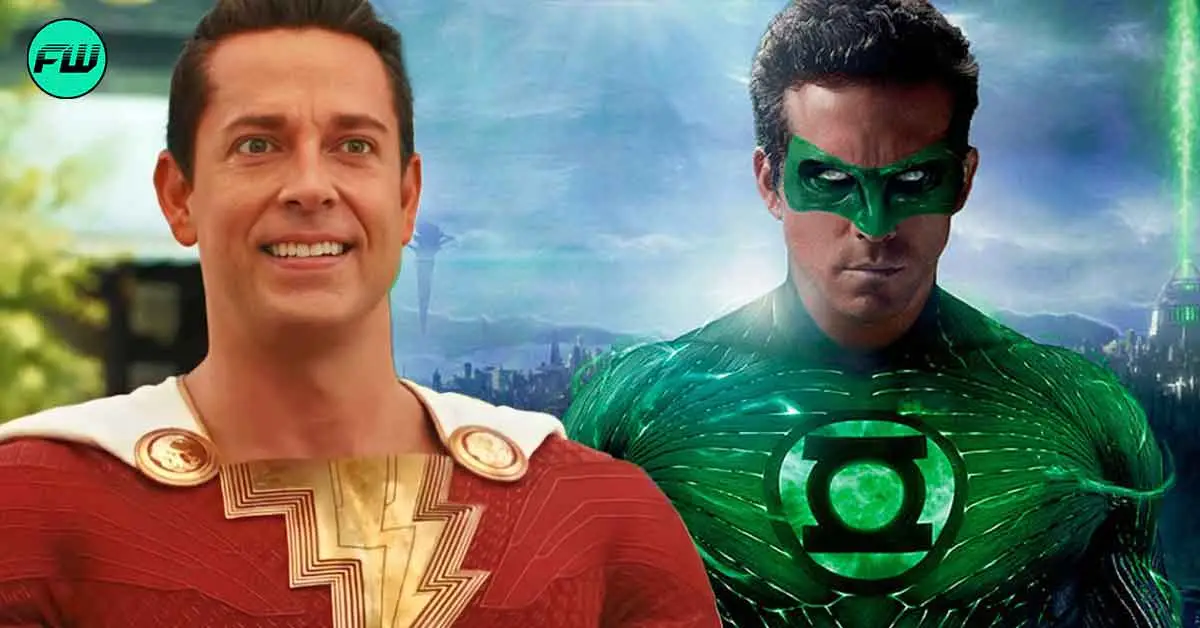For Chris Evans, Captain America was the role that defined the actor as a generational talent – as a performer who was born to embody a certain role in his time and did so with the utmost accuracy. Roles like these then become hard to reboot or recast or reprise, especially because of the untouchable greatness and the un-tarnishable legacy that is left behind by the original. But as good as it might have been to witness the Cap on the big screen, the dedication that inherently contributed to bringing the character alive over the years and Evans’ decade-long work and commitment rarely ever comes up in discussions.
 Captain America
Captain America
Also read: “It can’t be just a cash grab”: Chris Evans Has Some Conditions for His Return to Marvel as Captain America
Chris Evans Comments On Emulating Captain America
During the promotional press tour for Captain America: The First Avenger, Chris Evans, in a junket interview with Jake Hamilton for Jake’s Takes, speaks about the unquantifiable feeling of displacement that his character would feel in the movie, considering how Steve Rogers is a 40’s kid finding his place in the world and suddenly finding himself in the 2000s-era dominated by technology and evolution.
Hamilton claims, “I feel like, in terms of all the Avengers, you almost have the hardest time because after Steve Rogers becomes Captain America, he’s almost perfect, he doesn’t have a lot of flaws. As opposed to Thor, Iron Man […] Captain America is almost flawless.” He claims that it could be construed as “almost a disadvantage for [Evans] as an actor.”
 100vw, 2560px” data-lazy-src=”https://cdn.fandomwire.com/wp-content/uploads/2023/02/04061849/Chris-Evans-as-Captain-America-scaled.jpeg” />Chris Evans as Captain America</p>
<p><strong>Also read: “He’s 240 lbs. I’m nowhere near that”: Before Retiring From Captain America, Chris Evans Claimed There’s a Lot of Pressure From Marvel to Keep Up</strong></p>
<div class='code-block code-block-2' style='margin: 8px auto; text-align: center; display: block; clear: both;'>
<script async src=)
The Civil War actor, who ended up portraying the role in 6 films over the course of 9 years agrees with that statement, considering how even in the ’40s, the Captain America comics idealized the superhuman as the face of American heroism and inspired children and youths throughout generations.
“Certainly in the first film, they really don’t give him… I mean, there is a nice arc as far as adjusting to the new body, as far as Captain America – it’s a small guy now in a big guy’s body. For The Avengers, they do give him some meat in the bones, you know. Instead of being a small guy in a big guy’s body, it’s a 1940s guy in a 2000s world. So, it’s fish out of water. It’s accepting the fact that everybody you know in the world is dead. I think we all know that he has to be transported to modern time, so obviously it’s about accepting the fact that everybody you know is gone, and the world has changed so much.”
Chris Evans had earlier also spoken about the fact that he was expected to be in excellent shape and host an exemplary physique to emulate his CBM character during his decade-long stay at Marvel.
Captain America: An Ideal Hero or a Displaced Soldier?
Chris Evans’ role as Steve Rogers explored the expanse of the great war and the modern world through the eyes of a time-displaced fighter. Throughout his stay in the cinematic continuity, the boy who had signed up to fight bullies had searched for a way back home, to a world that didn’t seem alien. Even though he remained under the care of SHIELD (unlike Bucky who fell into the wrong hands), his life ever since he woke up from the crash has been about skipping from one world-ending battle to the next.
“So much of Steve Rogers runs parallel to the way 1940s work. I think the modern world to him is kind of flash and style and impersonal and it’s text messages. In the 1940s, he’s a good old boy, he’s a wholesome guy who speaks plainly and he doesn’t mix words, and it’s a different time for him to adjust to.”
 Captain America in Endgame‘s Battle of Earth
Captain America in Endgame‘s Battle of Earth
Also read: Top 10 Captain America Scenes
This constant feeling of displacement makes his choice in the final moments of Endgame all the more important. Having lost everyone he knows in his earlier life, this new and alien life he had made for himself in the future ended the same way when half the world disappeared and later, with the sacrifices of Tony and Natasha. And as such, his choosing to find it within himself to be selfish for once and grabbing the third life he was given with all he had, and seeing it through till the end was the most human thing that Steve Rogers had done ever since stepping foot into the Marvel Cinematic Universe.
Source: Jake’s Takes



